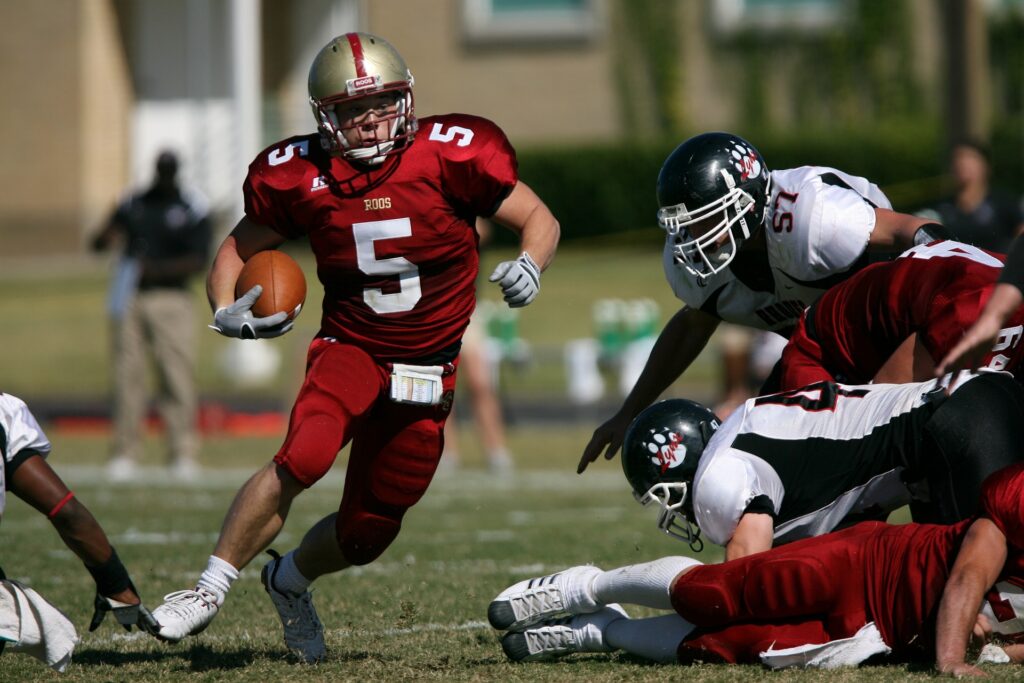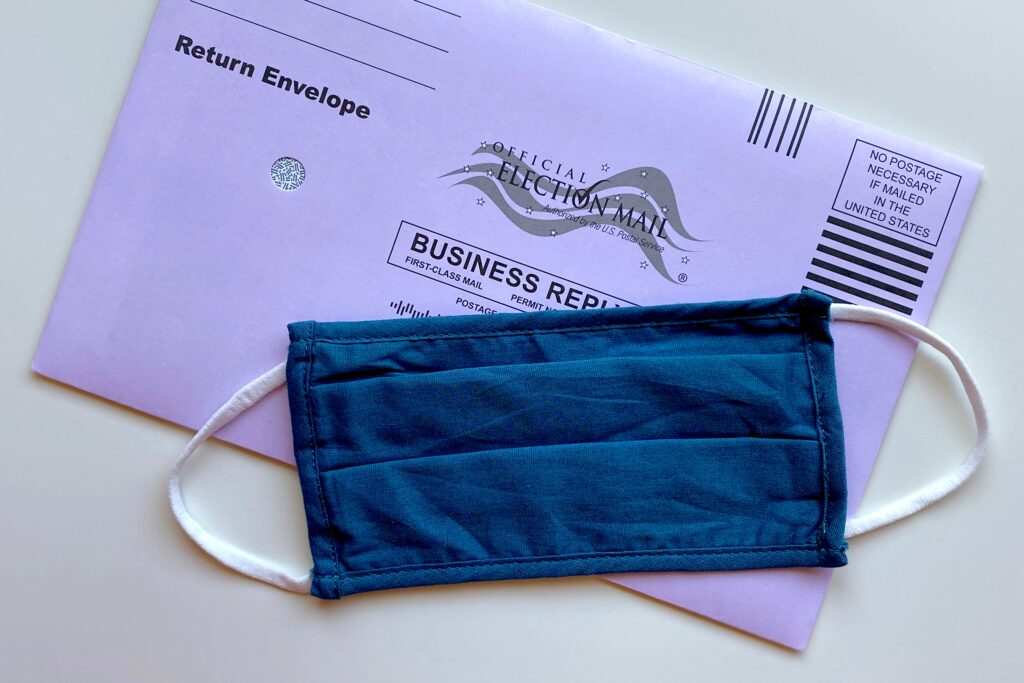 The American football season (time of year) started a few weeks ago.
The American football season (time of year) started a few weeks ago.
Americans don’t call it “American football,” of course – it’s just football. That other sport the rest of the world calls “football” is known as “soccer” in the U.S.
Even if you’re not a football fan, you may have come across (seen or read) some English expressions that come from football.
First, a very brief (short) explanation of football (you can get a better description of football’s rules in our Cultural English lesson 388.)
Football is played with two teams, each with 11 players. It’s played on a rectangular field that is 120 yards long. There are two end zones or areas, one on each end.
The aim of the offense (the team with the ball) is to move the ball to the other team’s end zone to score (get points). The defense (the team without a ball) tries to stop the offense and get possession (control) of the ball.
The offense either runs with the ball or passes (throwing to another player) the ball toward the other team’s end zone.
Each team has four plays or “downs” to move the ball 10 yards. If it succeeds, it gets another four downs.
If it doesn’t succeed, the ball goes to the other team. Each team tries to score the highest number of points, with as many “touchdowns” (ball touching the opponent’s end zone) as possible.
I’ll start by explaining a common football-related term used in daily English: “Huddle.”
Huddle
Before each play or down, the offense, the team with the ball, goes into a “huddle.” That’s when the team members move close together in a circle to talk strategy (planned moves to win).
We use “huddle” in a similar way in everyday English.
At work, the boss may say, “Let’s huddle tomorrow at 9:00 a.m. to come up with a plan before we meet with the client.”
Or at home with your family, you may huddle to decide on the family budget (money plan) so there is enough money for food, clothes, and other family needs.
If my mother’s birthday is coming up, all of her 11 children might huddle to decide on a birthday present for her.
My mother recently had her 93rd birthday so there have been a lot of opportunities to huddle over the years!
Check back later this week when I explain two other football-related expressions: “To take a punt,” and “Hail Mary pass.”
~Jeff
P.S. Like this short English lesson? Get a FREE sample lesson (no money needed) – SIGN UP BELOW!
Just fill out the form below and we’ll send a FREE lesson to try!
We hate spam, too! We will never sell, rent, or give your information to anyone – ever!
What Will I Learn in My Free Lesson?
Here is just a small part of what you’re going to learn in this free lesson:
- What “take a rain check” means and how to use it in a conversation . . .
- The difference between a “recluse” and a “busybody” . . .
- Why “to fend OFF” means something from “to fend FOR” . . .
- What it means to “take a rain check,” “keep to yourself,” and “to appoint (someone)” . . .
- What a social secretary is . . .
- The best way to use “to sort out” and “to turn down” . . .
- How to use phrasal verbs like “to settle in” and “to settle down” (they’re not the same!) . . .
 What is “practice” for improving your English?
What is “practice” for improving your English? This is an important year in the U.S., an election year.
This is an important year in the U.S., an election year. As you know, just learning the meaning of individual words isn’t enough to understand everyday English.
As you know, just learning the meaning of individual words isn’t enough to understand everyday English. Yesterday was Labor Day in the United States. Labor Day is a federal (national) holiday that honors (shows respect to or celebrates) workers.
Yesterday was Labor Day in the United States. Labor Day is a federal (national) holiday that honors (shows respect to or celebrates) workers. Many Americans are invested in (have money in) the stock market, especially for their retirement (when they stop working).
Many Americans are invested in (have money in) the stock market, especially for their retirement (when they stop working). August 26 is the 100th anniversary of women’s suffrage in the United States.
August 26 is the 100th anniversary of women’s suffrage in the United States.